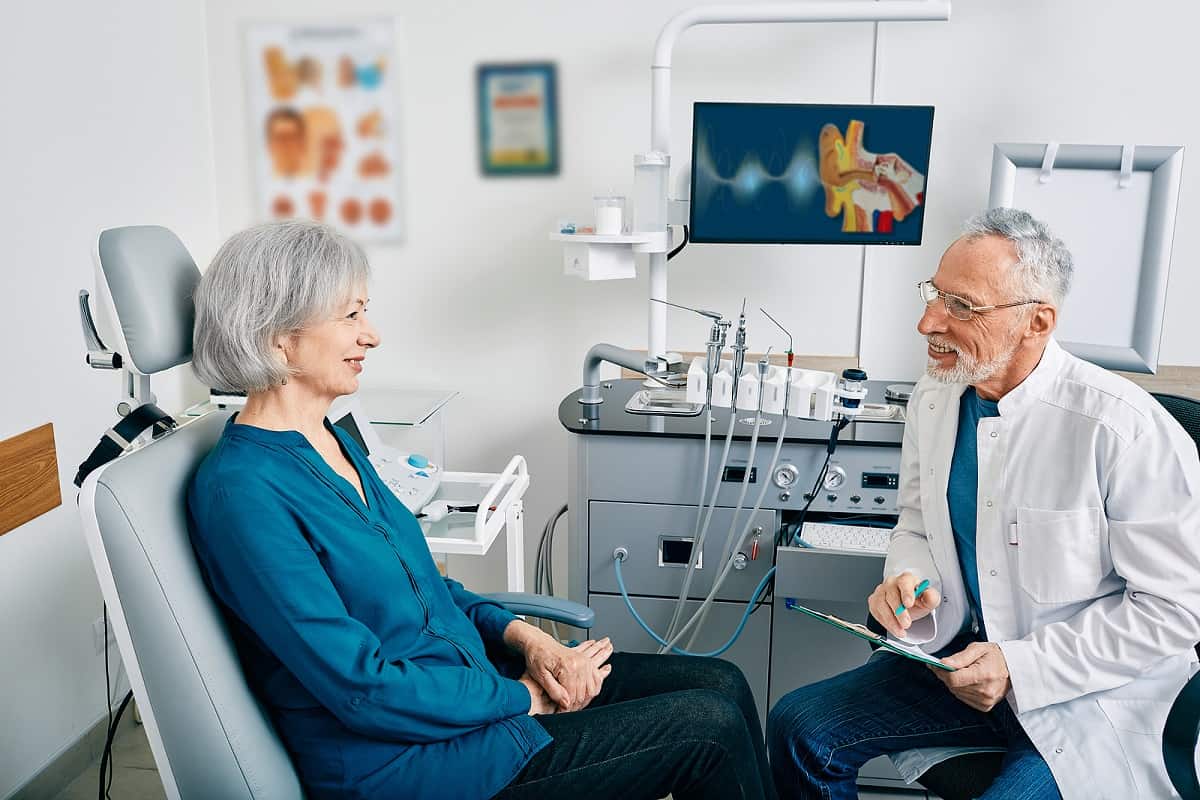
As we approach World Hearing Day 2023, it’s important to remember the significance of ear and hearing care for all. The theme for this year is “Ear and hearing care for all”, which emphasizes the importance of integrating ear and hearing care within primary care. One of the most significant benefits of integrating ear and hearing care within primary care is the earlier detection of hearing loss. However, even with ear and hearing care integrated into primary care, there are still reasons why your primary care provider may not be able to detect your hearing loss. In this post, we will explore these reasons and provide information on how to improve the detection rates of hearing loss.
Factors Contributing to Missed Hearing Loss
Lack of Patient Complaints
One of the main reasons why primary care providers may miss hearing loss is the lack of patient complaints. Patients may not report their hearing loss for various reasons, including fear of stigma, lack of awareness, or simply assuming that their hearing loss is a natural part of aging. As a result, primary care providers may not think to screen for hearing loss during routine check-ups.
Limited Screening Procedures
Another reason why primary care providers may miss hearing loss is due to limited screening procedures. Primary care providers typically screen for hearing loss using basic hearing tests such as whisper tests or tuning fork tests. However, these tests may not always detect subtle changes in hearing, and more advanced tests are often required. In addition, primary care providers may not be aware of the most up-to-date hearing screening technologies, which can limit their ability to detect hearing loss.
Misdiagnosis or Misinterpretation
Other medical conditions can mask hearing loss, making it difficult for primary care providers to diagnose. For example, patients with Alzheimer’s or dementia may exhibit symptoms that are similar to hearing loss, such as difficulty following conversations. As a result, primary care providers may misdiagnose these patients as having cognitive decline rather than hearing loss. Additionally, primary care providers may misinterpret test results, leading to incorrect diagnoses or missed diagnoses.
Importance of Early Detection
Undetected hearing loss can have significant consequences, including increased risk of depression, social isolation, and cognitive decline. Furthermore, untreated hearing loss can lead to more severe hearing loss, making it more difficult to treat. However, if detected early, hearing loss can be treated effectively, improving quality of life and reducing the risk of further hearing loss.
Improving Detection Rates
To improve the detection rates of hearing loss, it’s essential to increase patient awareness and engagement. Patients should be encouraged to report any changes in their hearing to their primary care providers, even if they believe it’s just a natural part of aging. In addition, primary care providers should be educated on the latest hearing screening technologies and how to interpret test results accurately. By doing so, primary care providers can detect hearing loss early, leading to more effective treatment and improved quality of life for patients.
Integrating ear and hearing care within primary care is critical to the early detection and treatment of hearing loss. While there are reasons why primary care providers may miss hearing loss, there are also steps that can be taken to improve detection rates. By increasing patient awareness and engagement and educating primary care providers on the latest hearing screening technologies, we can improve the detection rates of hearing loss and improve the quality of life for those with hearing loss.
On World Hearing Day 2023, take a step towards better hearing by booking an appointment with our hearing practice. Our experienced audiologists use the latest hearing screening technologies to accurately detect hearing loss and develop personalized treatment plans to improve your hearing. Don’t let hearing loss go undetected any longer. Book an appointment with us today and take the first step towards better hearing care for all.
